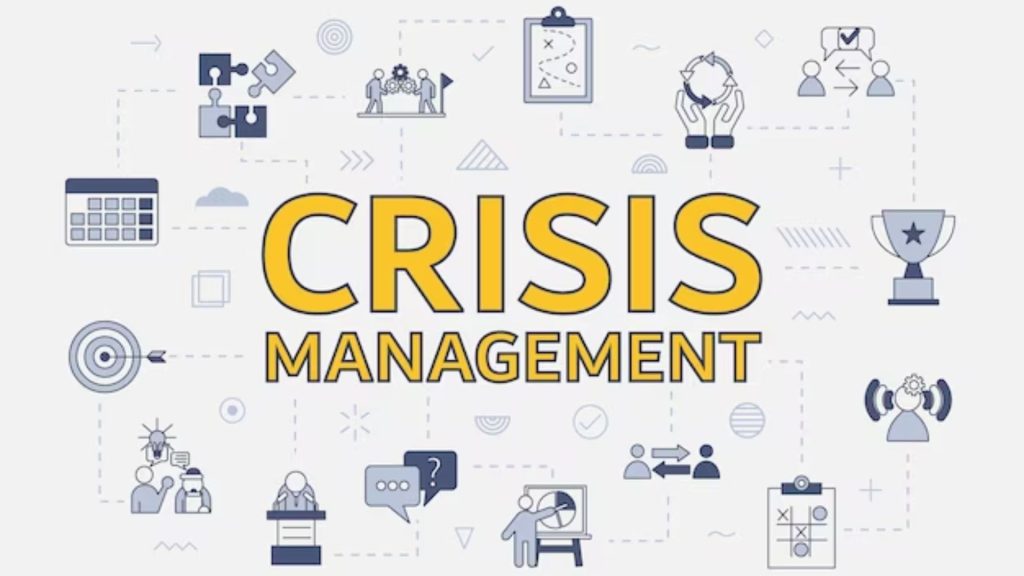Navigating Public Criticism: Lessons from Ola Electric and McDonald’s on the Importance of a Crisis Management Team
In today’s digital age, where information spreads in seconds and every company decision can be scrutinized in real-time, brands face an unprecedented level of public accountability. The recent controversies involving Ola Electric and McDonald’s offer crucial insights into how companies can handle—or mishandle—public criticism. These cases highlight the critical role that a well-prepared crisis management team plays in safeguarding a brand’s reputation and, ultimately, its bottom line.
1. Ola Electric’s Response: Reactive and Personal
Ola Electric has been making headlines not only for its innovations in the electric vehicle (EV) market but, unfortunately, also for its struggles with customer service. The situation escalated when Bhavish Aggarwal, Ola’s founder, engaged in a public spat on Twitter with comedian Kunal Kamra, who had voiced frustrations over service quality. The exchange, which turned personal, shifted attention from Ola’s EV mission to customer dissatisfaction, with over 10,000 complaints filed between September 2023 and August 2024 alone. This added fuel to the controversy and amplified the scrutiny surrounding Ola’s brand.
Lesson: Emotions and reactive responses can overshadow core business values and goals. By engaging in a personal exchange, Ola Electric diverted attention from resolving its customers’ issues to defending its reputation defensively. This approach not only alienated frustrated customers but also set a precedent that the company’s leadership was more focused on protecting its image than solving problems.
2. McDonald’s Approach: Neutrality and Brand Integrity
McDonald’s faced criticism when former President Donald Trump visited one of its franchises. Given the divisive nature of politics, the company could easily have been drawn into a debate. Instead, McDonald’s chose to take a neutral stance, reinforcing its core value of inclusivity: “We open our doors to everyone.”
By sticking to its principles, McDonald’s avoided polarizing its customer base and reminded the public of its core mission—to serve communities without bias. This approach allowed McDonald’s to rise above the fray, sending a powerful message of brand integrity and stability.
Lesson: In moments of heightened public scrutiny, staying true to brand values and remaining neutral can be the most effective approach. Rather than reacting defensively, McDonald’s chose a consistent message that reinforced their brand image.
Why Every Business Needs a Crisis Management Team
In a world where customer expectations are high, and backlash can escalate rapidly online, having a crisis management team is no longer optional—it’s essential. Here’s why:
- Proactive Reputation Management: A crisis management team monitors online sentiment and addresses potential issues before they escalate. This proactive approach can protect a brand from negative PR spirals.
- Consistent Messaging: A dedicated team ensures that all responses align with the brand’s values, reinforcing a stable and trustworthy image. This consistency helps build and retain customer trust even in times of controversy.
- Emotional Detachment: A crisis management team provides objectivity, which can prevent the kind of reactive, personal responses we saw in the case of Ola Electric. Instead of reacting emotionally, a well-trained team crafts responses that address concerns professionally and productively.
- Swift Problem-Solving: By coordinating efforts across departments, crisis management teams can quickly address the root issues causing public dissatisfaction, like service quality or communication gaps, and prevent future occurrences.
- Focus on Core Values: During crises, companies risk diluting their brand if they react impulsively. A skilled crisis management team keeps the brand centered on its core mission and values, helping to communicate integrity and resilience to customers.
Conclusion
The stories of Ola Electric and McDonald’s serve as important case studies for brands navigating the modern landscape of public scrutiny. Ola’s challenges reveal the risks of engaging defensively with customers, while McDonald’s approach demonstrates the power of staying grounded in brand values.
Investing in a crisis management team is no longer just about damage control—it’s a strategic necessity for brands that want to build and maintain lasting trust with their customers. At SecureOnlineReputation.com, we understand the importance of managing and protecting your brand’s reputation, especially in challenging times. With the right team in place, businesses can navigate criticism effectively and emerge stronger.



